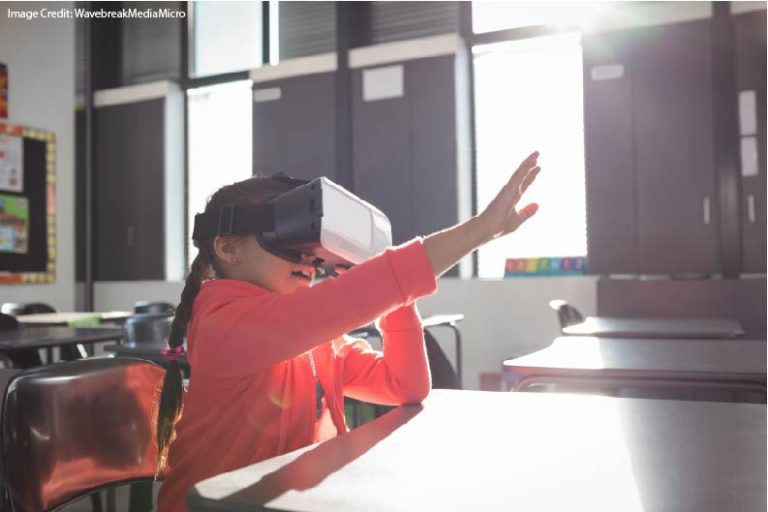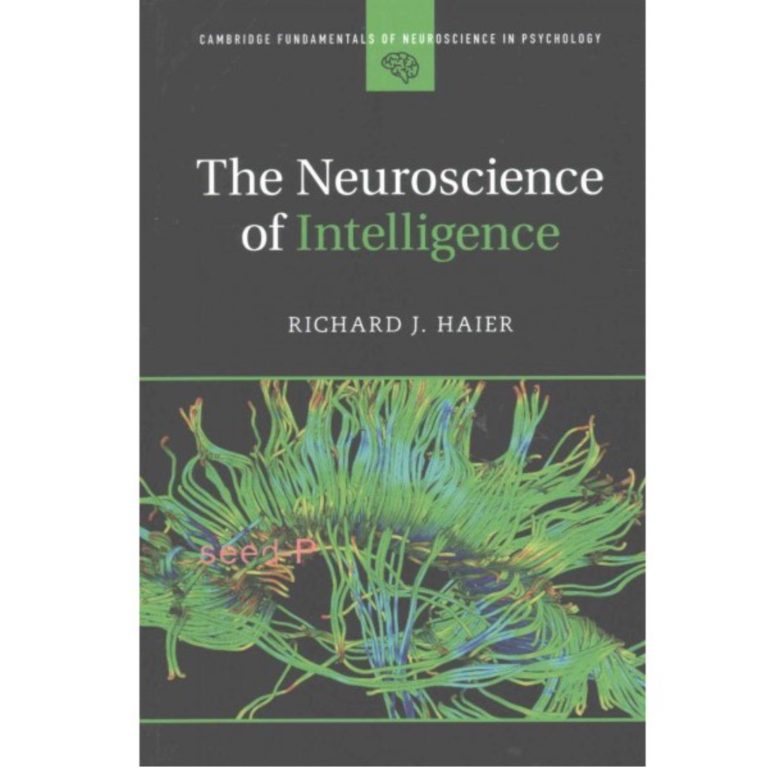Tags
ADHD adolescence attention book review boundary conditions classroom advice conference speakers constructivism/direct instruction creativity desirable difficulty development dual coding education elementary school embodied cognition emotion evolution executive function exercise experts and novices gender high school homework intelligence long-term memory math methodology middle school mindfulness Mindset motivation neuromyths neuroscience online learning parents psychology reading retrieval practice self-control skepticism sleep STEM stress technology working memoryRecent Comments
- Understanding Test Anxiety on Test Anxiety: How and When Does It Harm Students?
- A Skeptic Converted? The Benefits of Narrative |Education & Teacher Conferences on Help Me Understand: Narrative Is Better than Exposition
- Debate #4- Cell phones be banned from the classroom. | Aradhana's blog – ECI830 on Cell Phones in the Classroom: Expected (and Unexpected) Effects
- The Rare Slam Dunk? Blue Light Before Bed |Education & Teacher Conferences on “Writing By Hand Fosters Neural Connections…”
- Andrew Watson on “You Can Find Research that Proves Anything”
ABOUT THE BLOG
Monthly Archives: March 2018

Homework Improves Conscientiousness: Do You Believe It?
Obviously, conscientious students are more likely to do their homework. Researchers in Germany have found initial reasons to believe that doing homework improves conscientiousness. We can reasonably hope that homework benefits students beyond the learning its helps consolidate. Continue reading

Adolescents and Self-Control: Do Teens Recognize High Stakes?
Why is adolescent self-control so difficult? Recent research suggests that teens don’t consistently recognize the difference between high-stakes and low-stakes situations. And: the brain networks that help them do so don’t mature until we turn 19 or 20. Continue reading
Posted in L&B Blog
Tagged adolescence, classroom advice, pre-frontal cortex, self-control
Leave a comment

Point/Counterpoint: Escaping the Inquiry Learning Debate
In the absence of consistent research findings, assessing Inquiry Learning can be a challenge. Teachers should rely on basic cognitive variables — like working memory and attention — to reach conclusions about its usefulness. Continue reading

Uniquely Human: How Animals Differ From People
What separates humans from other animals? What makes us uniquely human? This question can be…

Teens and Cell Phones: The Good, The Bad, The (Not...
Debates about teens and cell phones often miss a crucial distinction. Although digital technologies can exacerbate problems for the few adolescents who are already struggling, they can provide real social benefits for the majority who are doing just fine. Continue reading
Posted in L&B Blog
Tagged high school, middle school, socio-economic status, technology
Leave a comment

Feeling the Possibilities: Virtual Reality and Teaching
Regular readers of this blog know that I like technology, but I’m not easily wowed…

The Mindset Controversy: Is It Time to Give Up?
Few theories have gotten more teacherly attention than Carol Dweck’s work on Mindset. As you…

The Neuroscience of Intelligence by Richard Haier
The Neuroscience of Intelligence explores intriguing ideas about the neuroscientific and genetic bases of intelligence…
Posted in Book Reviews
Leave a comment
The Benefits (?) of Interactive Online Science Teaching
Few educational innovations have gotten more hype than online learning, and few have a more…

Alcohol and Learning: Does Drinking Harm Memory?
Back in October, I published one of the blog’s most popular articles: a summary of a…
